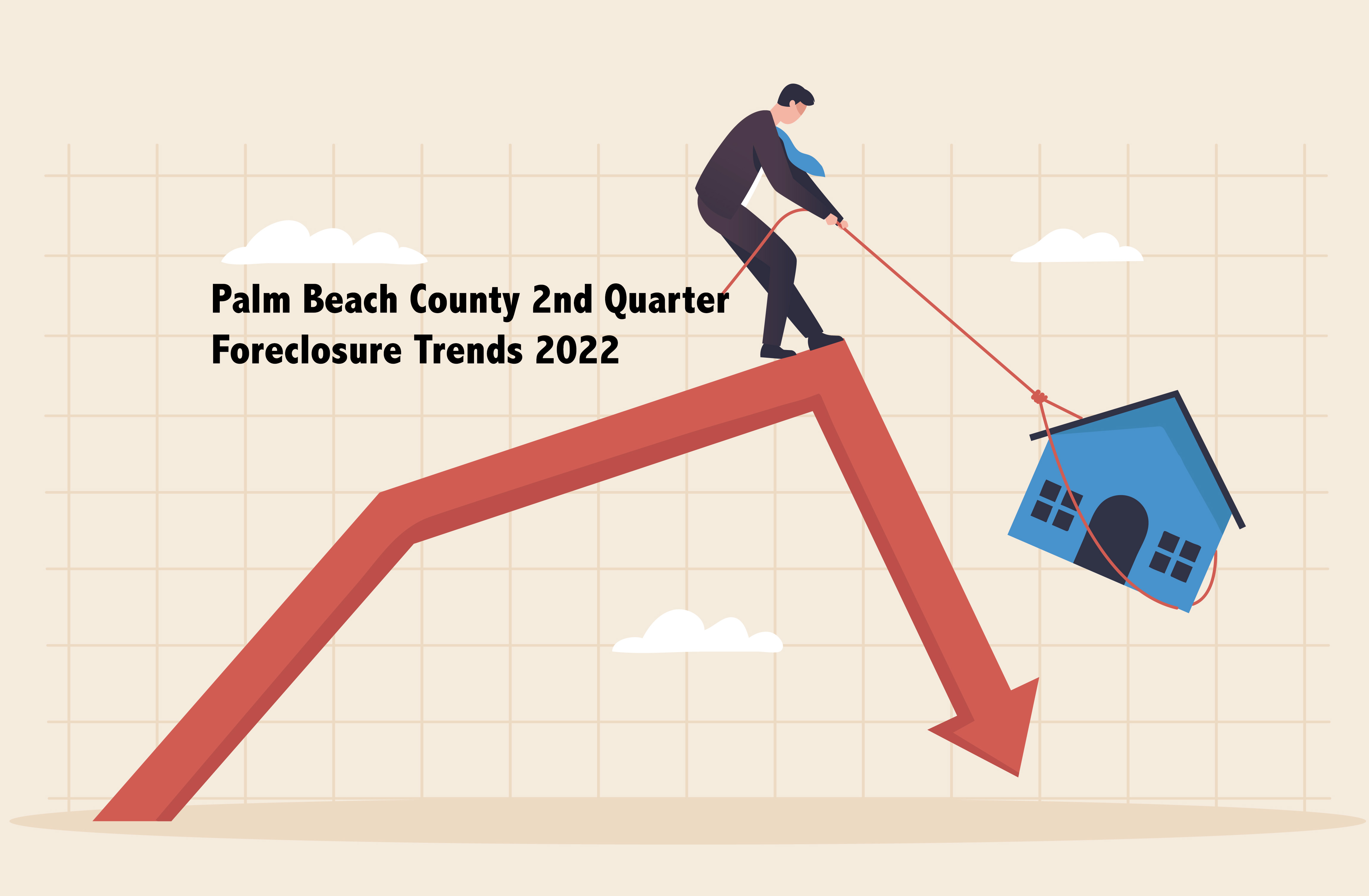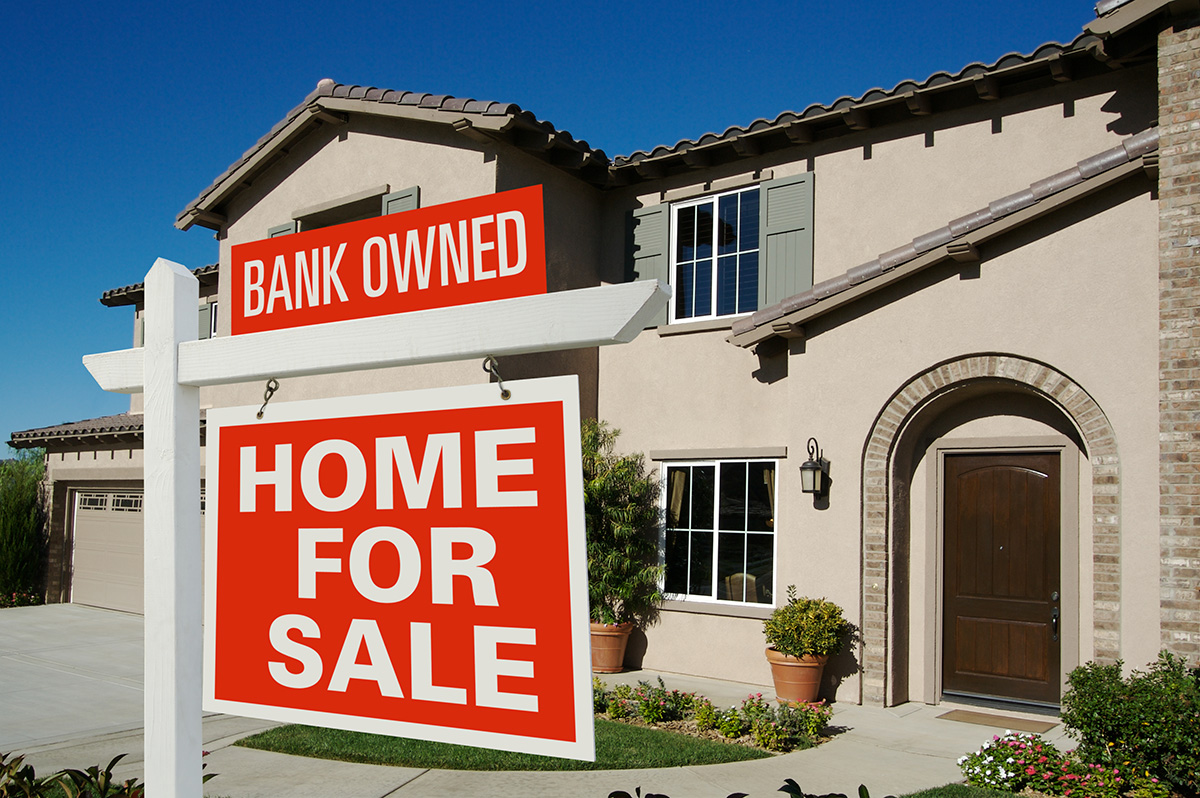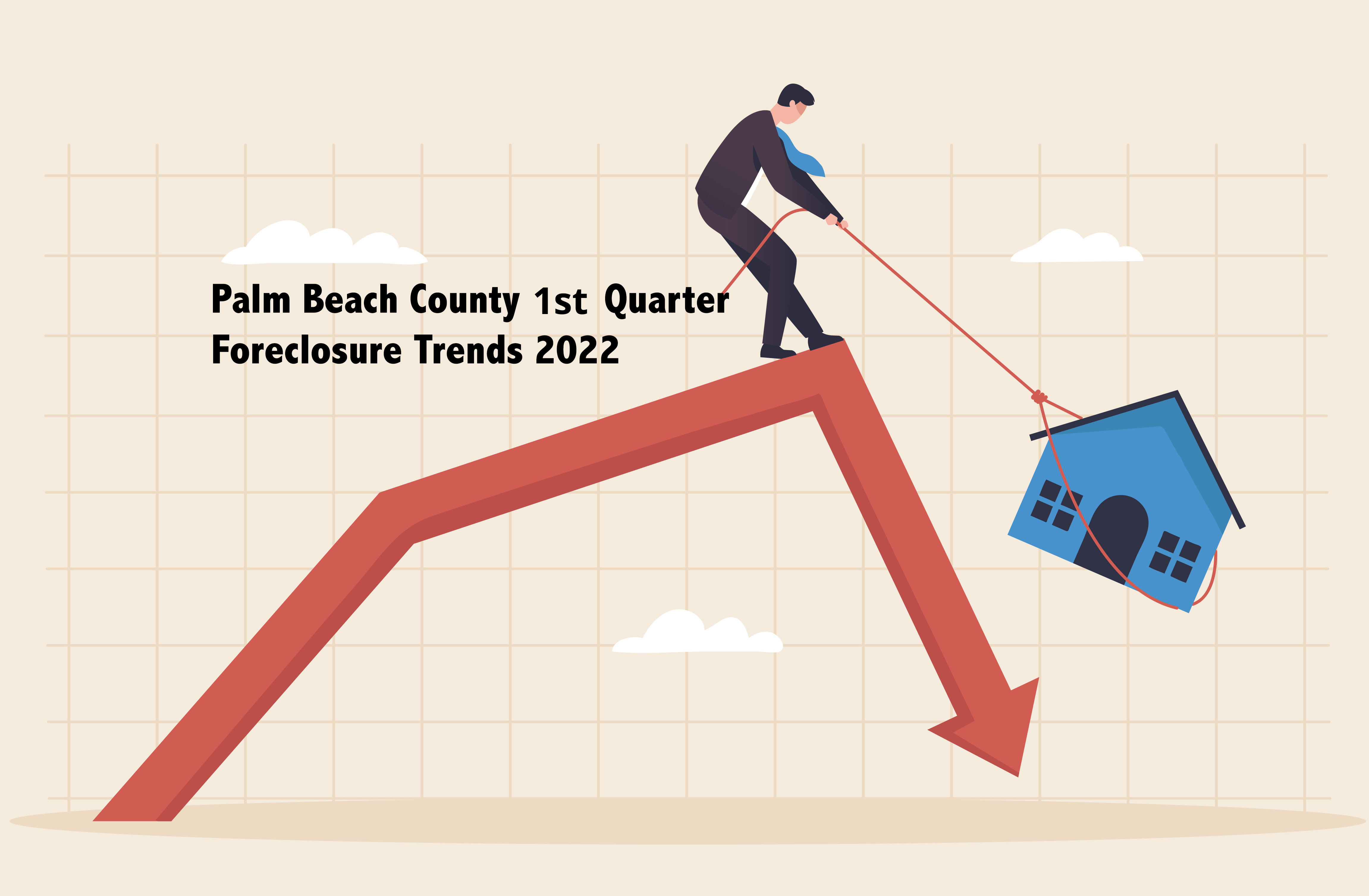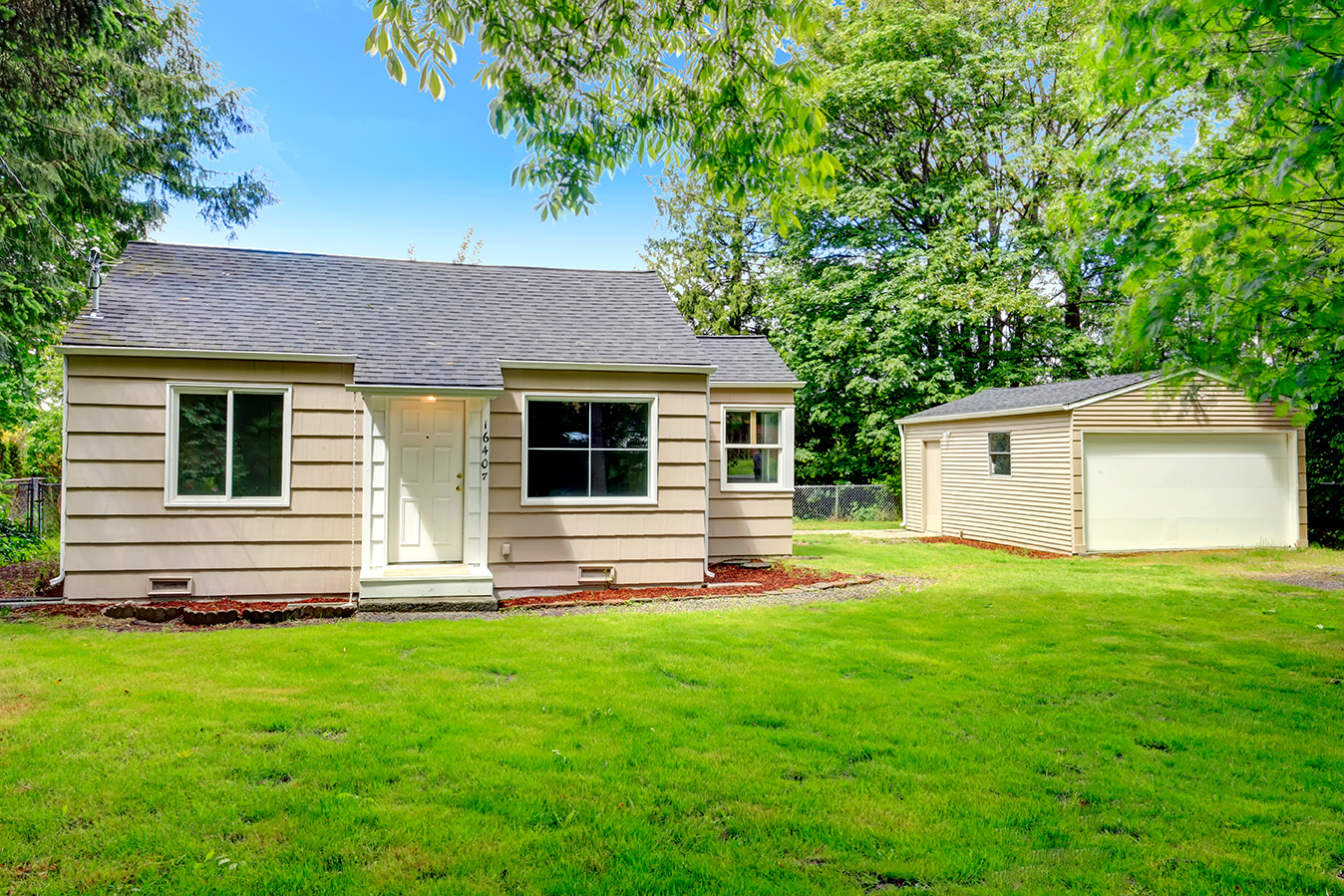Try To Buy The Worst House On The Best Street
By:
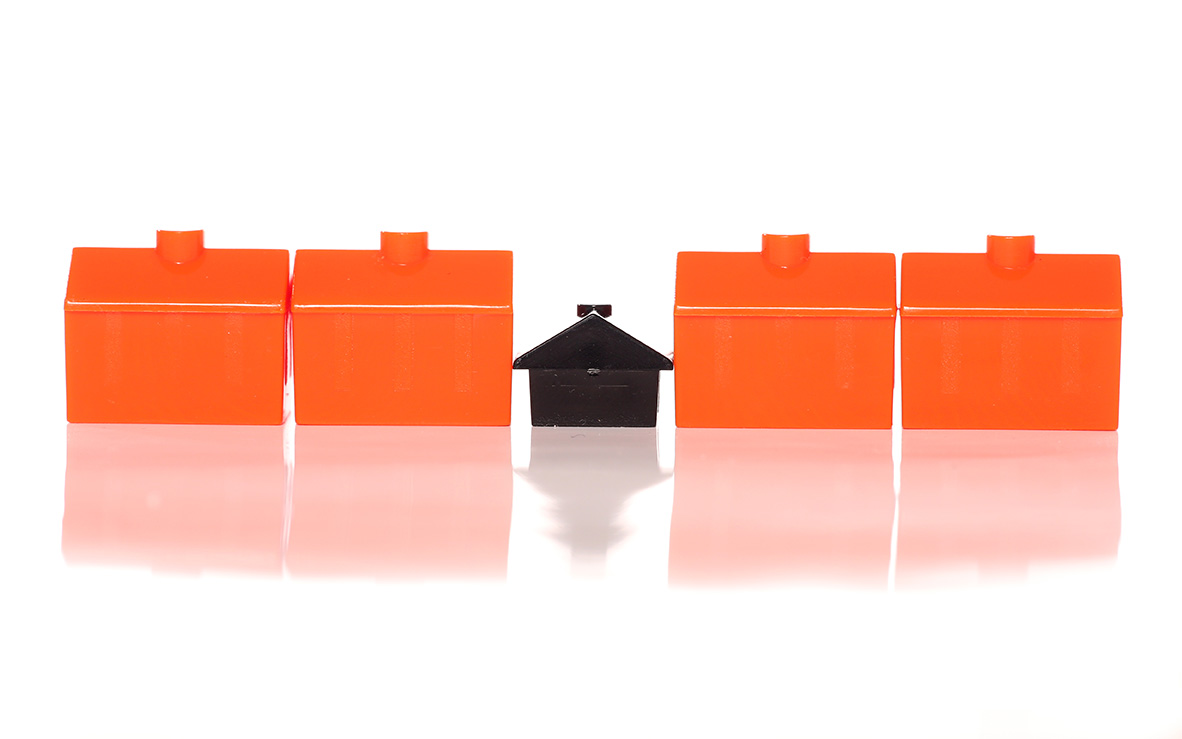
Most house hunters set out looking to purchase the house of their dreams. They think of the classic white picket fence, a beautifully manicured lawn, and nothing to do inside but move in their furniture and settle down.
But if you are an avid HGTV watcher, then you may have learned from the Property Brothers, or perhaps even from your Realtor, that there are numerous benefits to buying a fixer-upper.
The most important words in the real estate game are, and always have been, location, location, location! Whether its because you want to live in a certain school district, near family and friends, closer to your job, or in an established neighborhood where the canopy of trees is to die for, location often is a buyers primary concern. But sometimes location and budget dont always match up. Thats where a fixer-upper can come into play.
Before investing your hard-earned cash into a pig, that no matter how much lipstick you put on it, is still a pig, there are several things to take into consideration.
Potential: Unless you are not planning to live in your home for long, you should consider a propertys long-term potential. We learned, from the previous housing downturn that there are no guarantees in life. That is why its more important than ever to study the market to determine if the home you purchase today likely will retain its value in the future. Too many people sank their savings into fixing up a home, many even took out a second mortgage, only to find that when it was time to sell, their home was worth less than what they purchased it for.
Pricing: If you buy the worst house on the block is it also priced accordingly? There is no bargain if the home, warts and all, is priced close to or at the same price as nicer ones.
Compare: What does the rest of the neighborhood look like? If the other homes are as unkempt as the home you are buying, then it likely wont have potential to increase in value.
Inspect: Of course there are always drawbacks to purchasing a home that hasnt been maintained so its imperative that if you do find that diamond in the rough that you bring in a qualified home inspector to go over the house and make sure that it doesnt become a budget breaker down the road.
Improvements: If your plans include additions, check to make sure that you can make them. Building codes change, homeowner associations may have grandfathered in your neighbors back patio, but is that kind of structure permitted under existing rules?
Finally, ask yourself, do I have the time, money and patience to live through the renovations needed to fix up the house? What can I live with today and what projects can wait?
In the end it comes down to where you want to live, whether the home is a good investment, whether you plan to live there or buy sell and flip, and whether the improvements you are able to make appeal not only to you, but to others should you decide to sell it in the future.
But if you are an avid HGTV watcher, then you may have learned from the Property Brothers, or perhaps even from your Realtor, that there are numerous benefits to buying a fixer-upper.
The most important words in the real estate game are, and always have been, location, location, location! Whether its because you want to live in a certain school district, near family and friends, closer to your job, or in an established neighborhood where the canopy of trees is to die for, location often is a buyers primary concern. But sometimes location and budget dont always match up. Thats where a fixer-upper can come into play.
Before investing your hard-earned cash into a pig, that no matter how much lipstick you put on it, is still a pig, there are several things to take into consideration.
Potential: Unless you are not planning to live in your home for long, you should consider a propertys long-term potential. We learned, from the previous housing downturn that there are no guarantees in life. That is why its more important than ever to study the market to determine if the home you purchase today likely will retain its value in the future. Too many people sank their savings into fixing up a home, many even took out a second mortgage, only to find that when it was time to sell, their home was worth less than what they purchased it for.
Pricing: If you buy the worst house on the block is it also priced accordingly? There is no bargain if the home, warts and all, is priced close to or at the same price as nicer ones.
Compare: What does the rest of the neighborhood look like? If the other homes are as unkempt as the home you are buying, then it likely wont have potential to increase in value.
Inspect: Of course there are always drawbacks to purchasing a home that hasnt been maintained so its imperative that if you do find that diamond in the rough that you bring in a qualified home inspector to go over the house and make sure that it doesnt become a budget breaker down the road.
Improvements: If your plans include additions, check to make sure that you can make them. Building codes change, homeowner associations may have grandfathered in your neighbors back patio, but is that kind of structure permitted under existing rules?
Finally, ask yourself, do I have the time, money and patience to live through the renovations needed to fix up the house? What can I live with today and what projects can wait?
In the end it comes down to where you want to live, whether the home is a good investment, whether you plan to live there or buy sell and flip, and whether the improvements you are able to make appeal not only to you, but to others should you decide to sell it in the future.
Recent Articles
Featured Auction
View All
Foreclosure
9931 Baywater Dr, Boca Raton, Fl 33496
3/2, 1,397 Sqft
Date: 05/14/2025
Date: 05/14/2025
Auction Status: Upcoming
Foreclosure
4251 Tazewell Ct, West Palm Beach, Fl 33409
3/2, 2,136 Sqft
Date: 05/19/2025
Date: 05/19/2025
Auction Status: Upcoming
Foreclosure
908 Camellia Dr, Royal Palm Beach, Fl 33411
3/2, 2,632 Sqft
Date: 05/19/2025
Date: 05/19/2025
Auction Status: Upcoming
Foreclosure
15193 129th Pl N, Jupiter, Fl 33478
4/2, 2,167 Sqft
Date: 05/21/2025
Date: 05/21/2025
Auction Status: Upcoming
Recent Foreclosure Listings
Foreclosure
9931 Baywater Dr, Boca Raton, Fl 33496
3/2, 1,397 Sqft
Date: 05/14/2025
Date: 05/14/2025
Auction Status: Upcoming
Foreclosure
4251 Tazewell Ct, West Palm Beach, Fl 33409
3/2, 2,136 Sqft
Date: 05/19/2025
Date: 05/19/2025
Auction Status: Upcoming
Foreclosure
908 Camellia Dr, Royal Palm Beach, Fl 33411
3/2, 2,632 Sqft
Date: 05/19/2025
Date: 05/19/2025
Auction Status: Upcoming
Foreclosure
15193 129th Pl N, Jupiter, Fl 33478
4/2, 2,167 Sqft
Date: 05/21/2025
Date: 05/21/2025
Auction Status: Upcoming
SIGN UP NOW
Get Free Auction Alerts & Much More
Get access to 1000's of auction listings right now!
Save properties for later reference!
New customized property search hits texted to your phone or your email when they hit the listings!
Links to property tax history & sales price history for each property!


